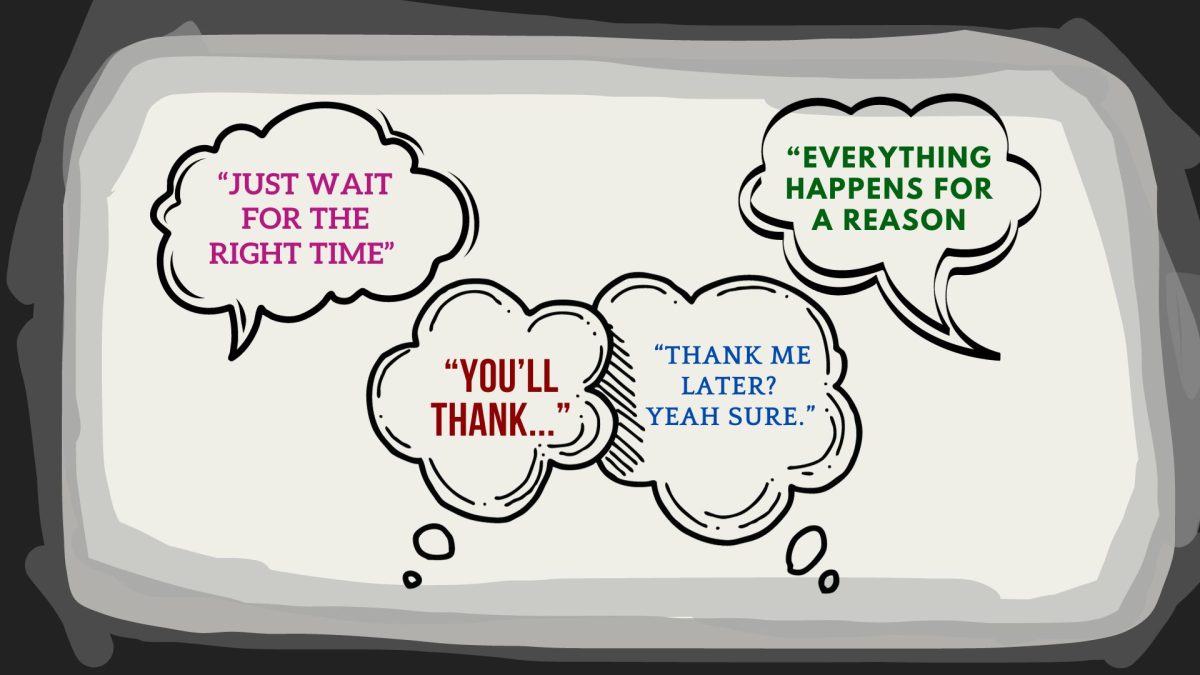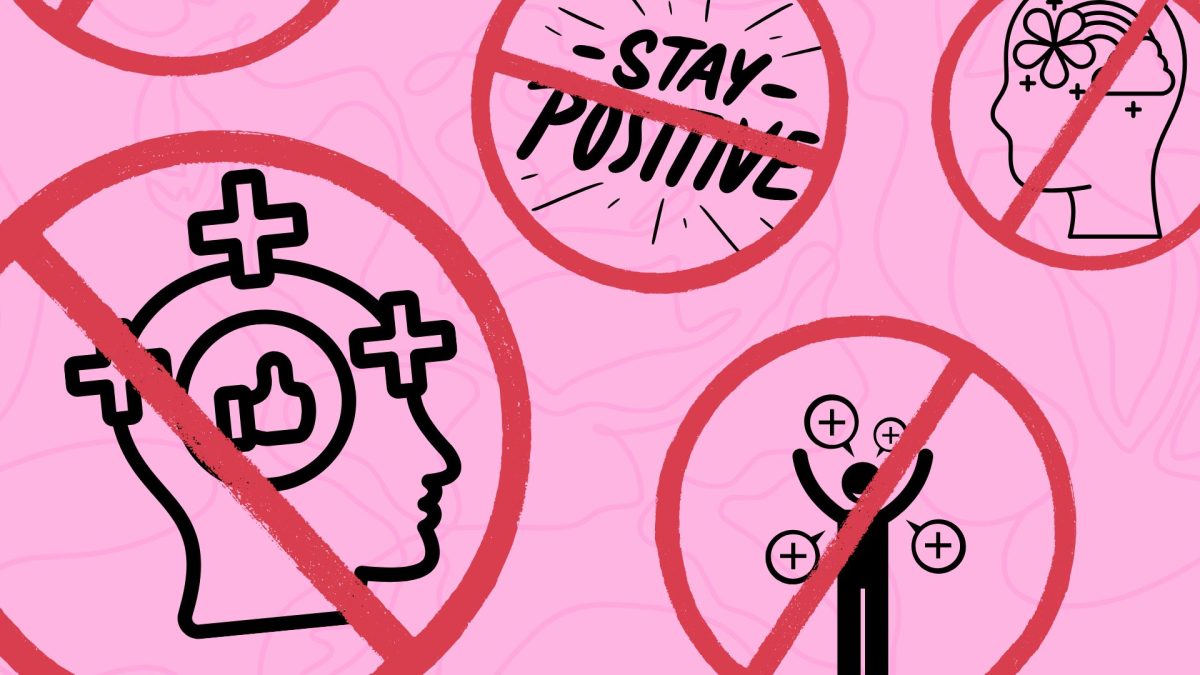“If you keep rolling your eyes, they are going to get stuck in the back of your eyes.”
“If your friend is going to jump off a cliff, are you also going to jump off a cliff?”
“Every year in high school counts.”
“You’ll thank me later in the future.”
“You’ll realize what I went through with you.”
“You’ll realize I was right all along.”
“Life goes by fast.”
“You can bring a horse to a watering pole but you can’t force it to drink water.”
“You can only control your feelings, not others.”
“There’s no use in crying over spilled milk.”
The sentences can go on and on forever. Sentences that have hurt us to hear from our parents, and sentences that we take for granted then regret not listening to them. Sentences that we ignore and say that it’s our parent’s fault after an argument. Sentences that we don’t want to admit are true.
In the end, most grown-up adults regret not listening to their parents when they were young, but then end up realizing how their own parents’ harsh words were the wisdom in their lives. Words that let them be successful. Words that encouraged them to be who they are. Words that helped them make a difference. Most importantly, words that lead them to raise their children.
Let’s go a little bit back in time when we were starting to go into our stage in life as teenagers, age 13, where we thought we owned the world. Where girls thought they were women because they got their periods and started using makeup, or where boys thought they were men because they got a little facial hair and their voice got a bit deeper. Remember those times? Times when us baby teenagers developed our attitudes toward others.
Times when we would argue with our parents and they told us to fix our attitude or “you’ll thank me later in life,” but did we listen? Did we appreciate their words? Their teaching? Their love for us? No, we did not. At least not until we noticed that they were right. Instead, we just made life harder for all of us.
As human beings, no one is the same, but our feelings can be. We have all experienced the same feelings as other people in the world. Why not understand our parents’ feelings before we argue? Why don’t parents understand our feelings that they probably felt when they were teenagers before they argue with their kids? Why can’t we all just understand each other before fighting? The answer is simple: it’s because of our big ego.
If you think about it, if we teenagers calm down after our fight with our parents, sit down, take a deep breath, and think, “Was I at fault? Are my parents right? Can we fix our mistakes or even talk about it the right way?” Or even think back at what happened in the argument, the actions and words that were taken.
You can see with a clearer mind what next actions to take, whether it’s to apologize to your parents before you regret it in the future, or talk to them and make sure that they know your feelings and you know theirs.
In the end, what our parents have told us is not because they want us to suffer. Yes, some words that they say hurt, but they want us to grow strong and be independent people. They want the best for us throughout our life with or without them.
It’s true, our parents “won’t be here with us forever.” We grow and eventually have to move out of our parent’s house, find a job, a career, and start a family. That is the basic cycle of life. Our parents will be there for us at all times, but as we grow we need to be grown adults who can take care of ourselves. And in the end, the people who raised us are the ones who make us who we are today.
Some sentences that our parents told us a lot were, “Life goes by fast” or “there’s no use in crying over spilled milk.” But what do they really mean? Are they just saying it for fun or is there really a meaning? These two sentences express so many things in a person’s life.
Life does go by fast, and you realize that when you grow older by the years, that’s why you should enjoy life to the fullest, like tomorrow is your last day. And it’s true, “there is no use crying over spilled milk” if it’s over a friend or a lover. Your parents care about you, and no matter how strict they are, they will always want the best for you.
How many times have your parents told you, “you’ll thank me later in life,” and you did end up thanking them? Ever wonder why that is? How did they know? It’s because they know what’s best for you. And even though it hurts to admit, we all know that they were right. They know that you will thank them later because they did the same thing when they were younger. They know how it feels.
Parents are not easy, but teenagers aren’t either. What’s easy is communication, a calm and nice communication with words that will stick in your brain. Words that will help you succeed in the future. Words that will guide you in life. Words that have powerful meanings, even if they are not completely understood. Most importantly, words that our loved ones tell us.








